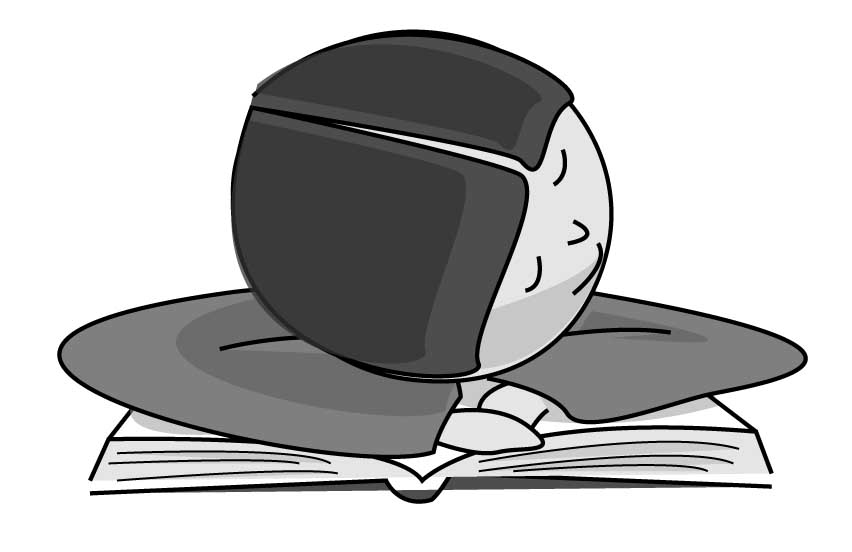
Although students may come home exhausted from school and their activities, a nap may not be the best option. A science teacher and a sleep specialist offer up their opinions.
According to Brain Studies teacher Mike Piskel, in the world we live in today, getting the proper amount of sleep at night is hard to do. He says 13 to 17-year-olds should be getting a minimum of nine hours of sleep each night.
Piskel realizes that between after-school activities, homework and technology, getting an adequate amount of deep sleep at night is difficult to accomplish.
“Most people have a daily clock that kind of winds down around three [p.m.],” Piskel said.
He said, because of this, it is normal to be tired around the end of the school day.
Senior Marissa Cohen is usually tired and worn out after school. She said, “after I wake up from my nap, I feel refreshed and ready to work.”
Cohen takes naps nearly five days out of the school week. She feels that naps help her to begin her homework after coming home from a long day at school.
Although students are tired and are winding down, according to sleep specialist William Davison, needing a nap could be a symptom that something is wrong. He is strongly against naps because, “if you sleep well for an appropriate amount of time [at night], you don’t need a nap.”
Piskel also thinks that if people fall into a deep sleep during their naps, they are not helping their bodies.
When sleeping for an extended period of time, your brain is able to develop, Piskel said.
“If you take a nap and the alarm goes off that you’ve set on your phone, and then you don’t know what day it is or where you are, you’ve gone into deep sleep,” Piskel said.
However, Piskel believes in “cat naps,” which are naps that are 20 minutes or less.
According to Piskel, taking “cat naps” can refresh the brain and prepare students to study and do their homework, and in this sense they can be very beneficial. When a nap is 20 minutes long or less, Piskel says it is a great way to mentally and physically prepare for the rest of the day.
“I think [naps are] great…as long as they are 20 minutes or less,” said Piskel.

